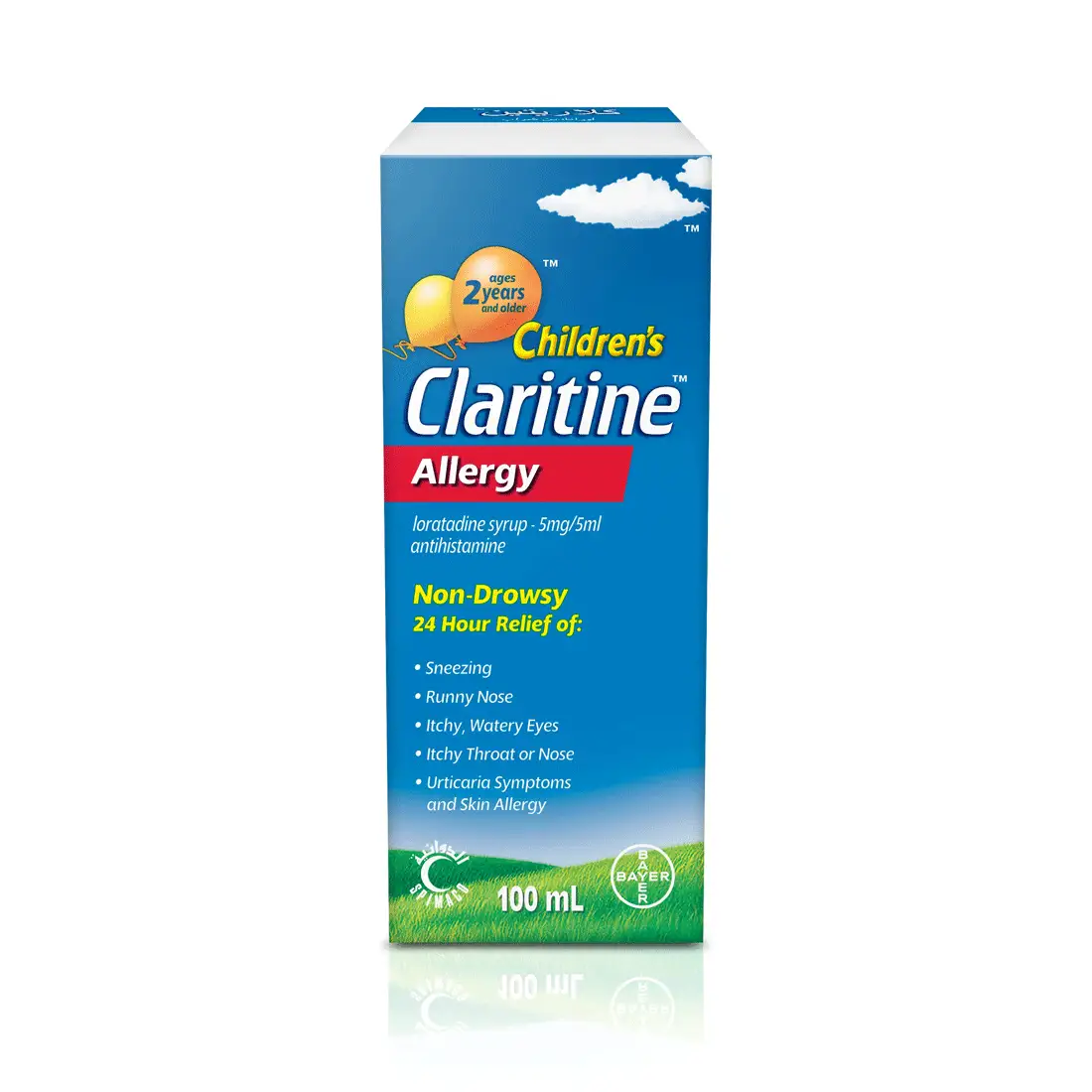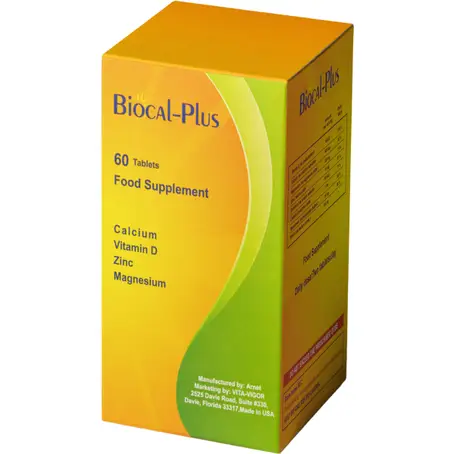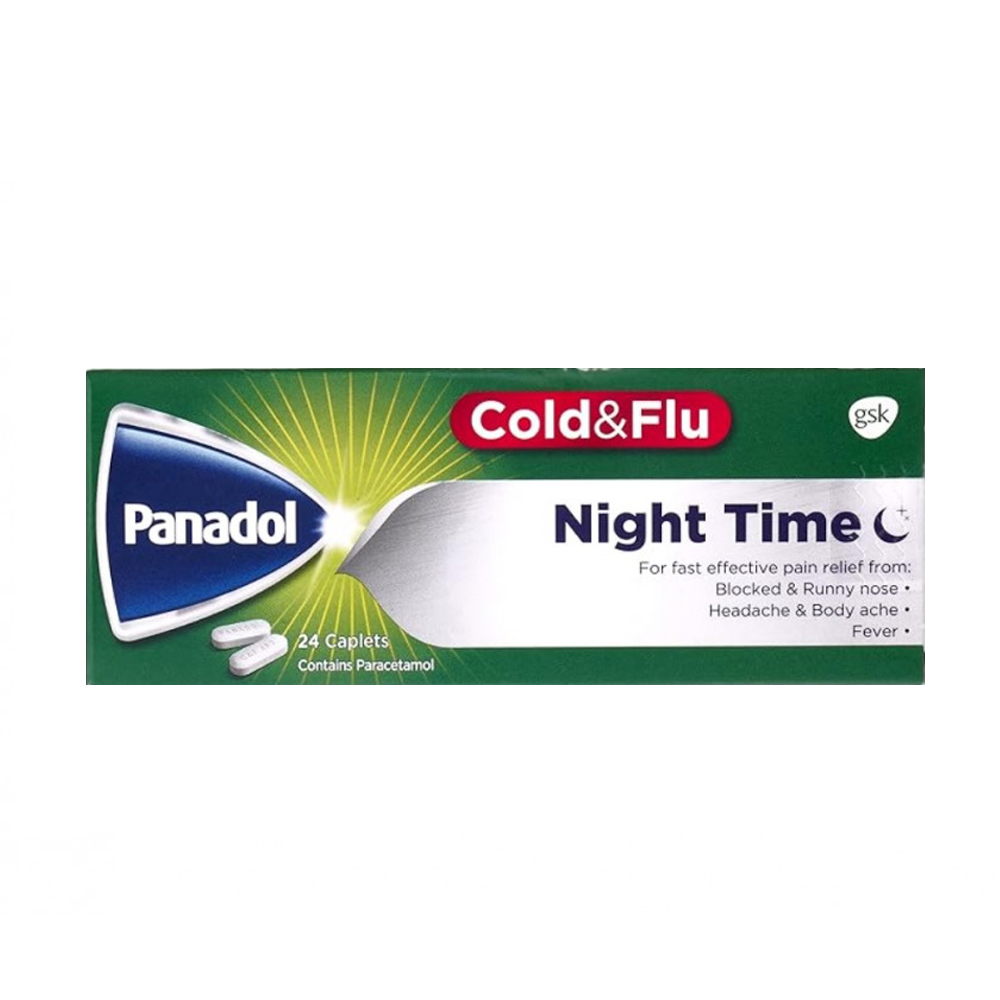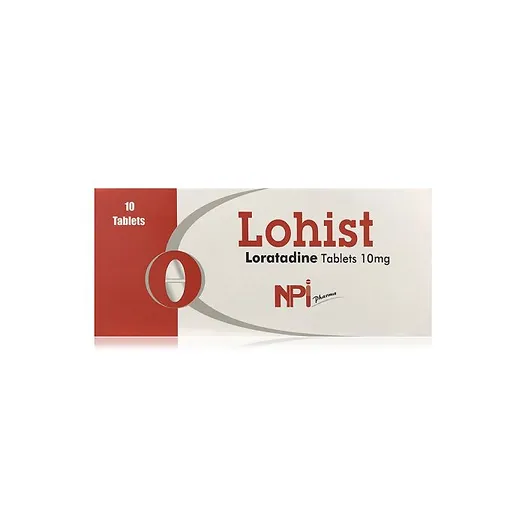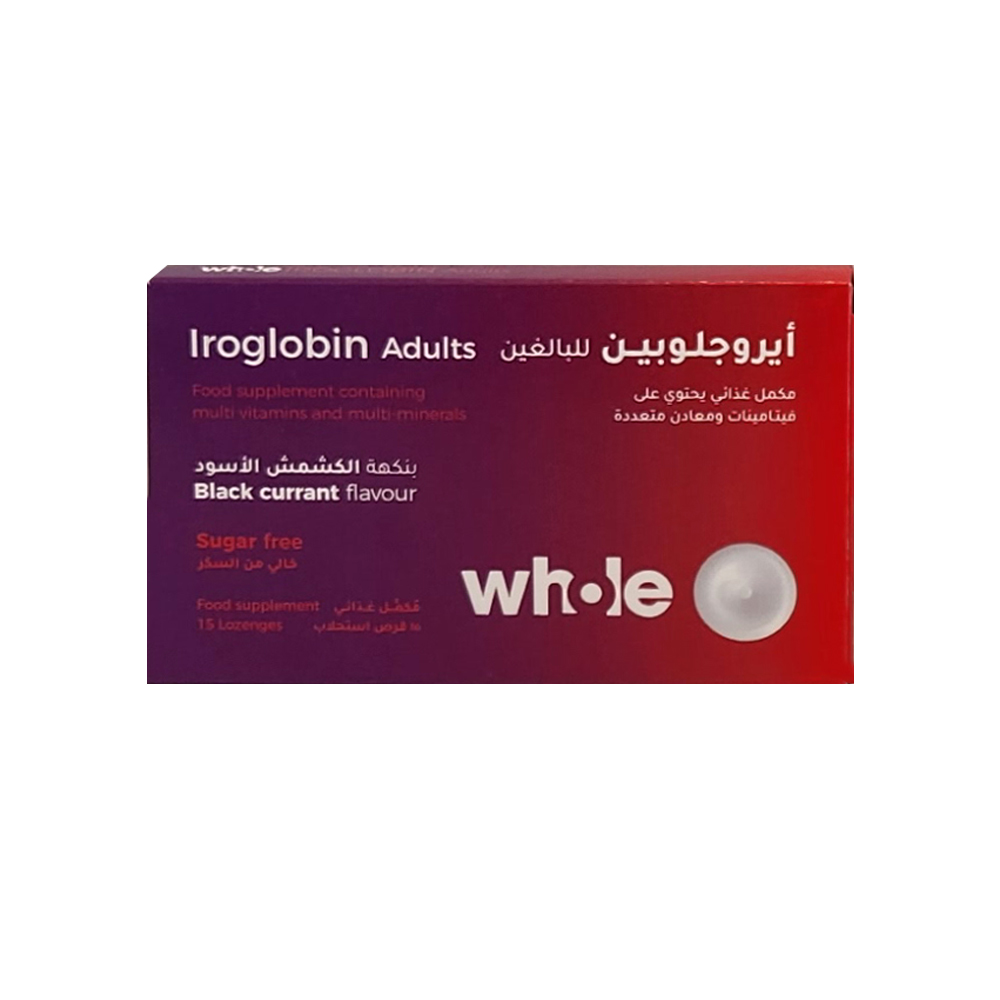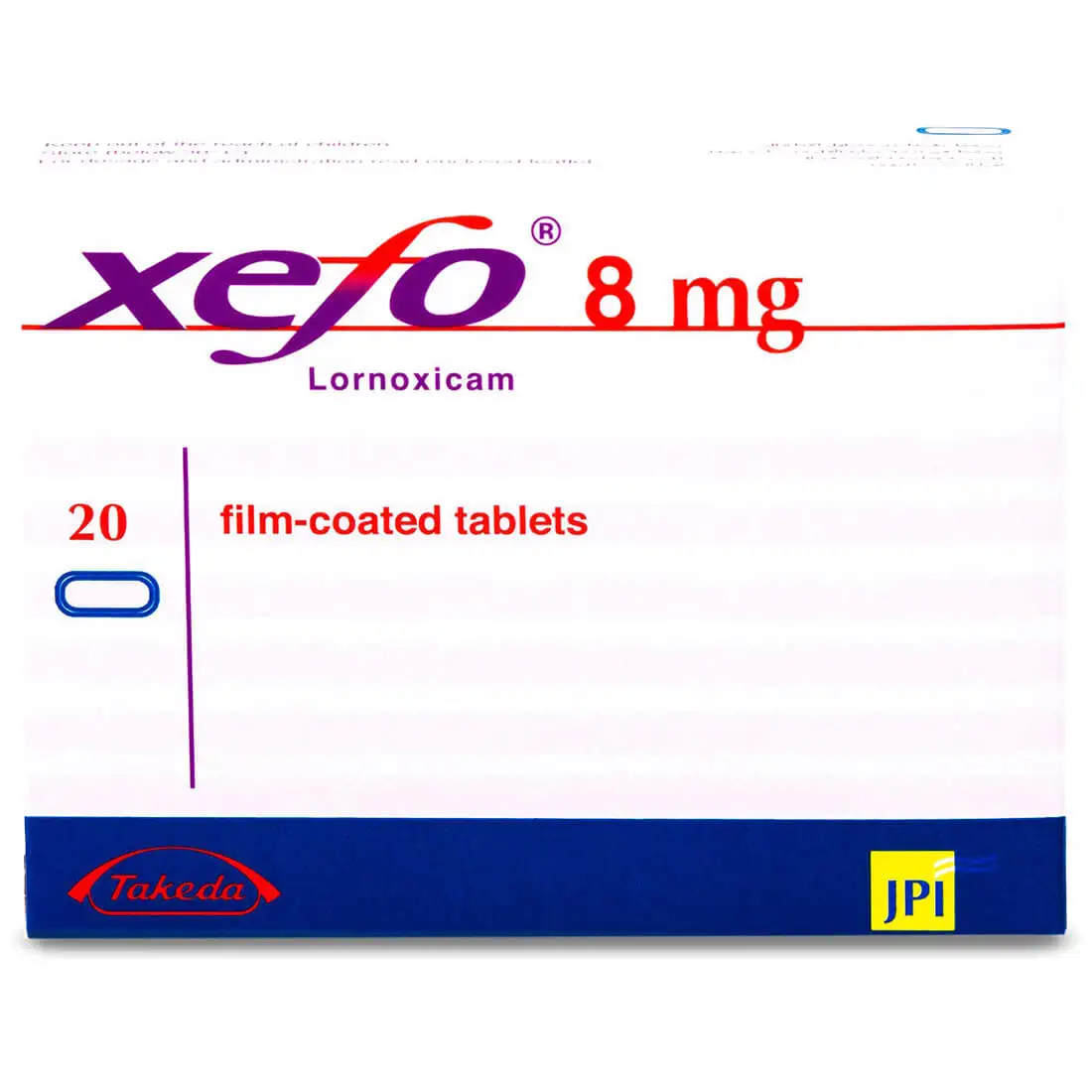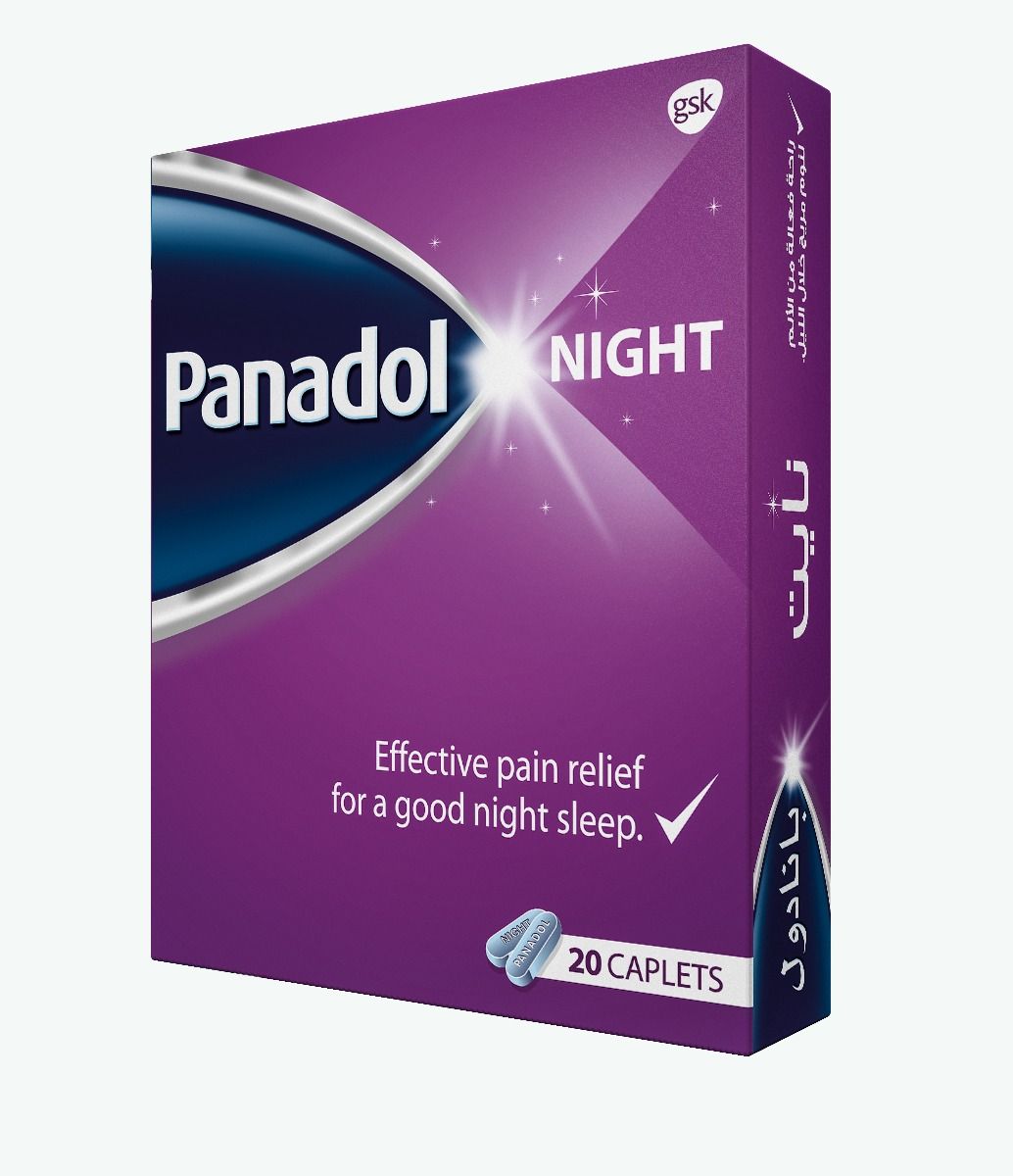| Image | Name | Price |
|---|
Verify OTP
OTP has been sent to
Verify OTP
OTP has been sent to
Cart Total
Get notified when this product is available
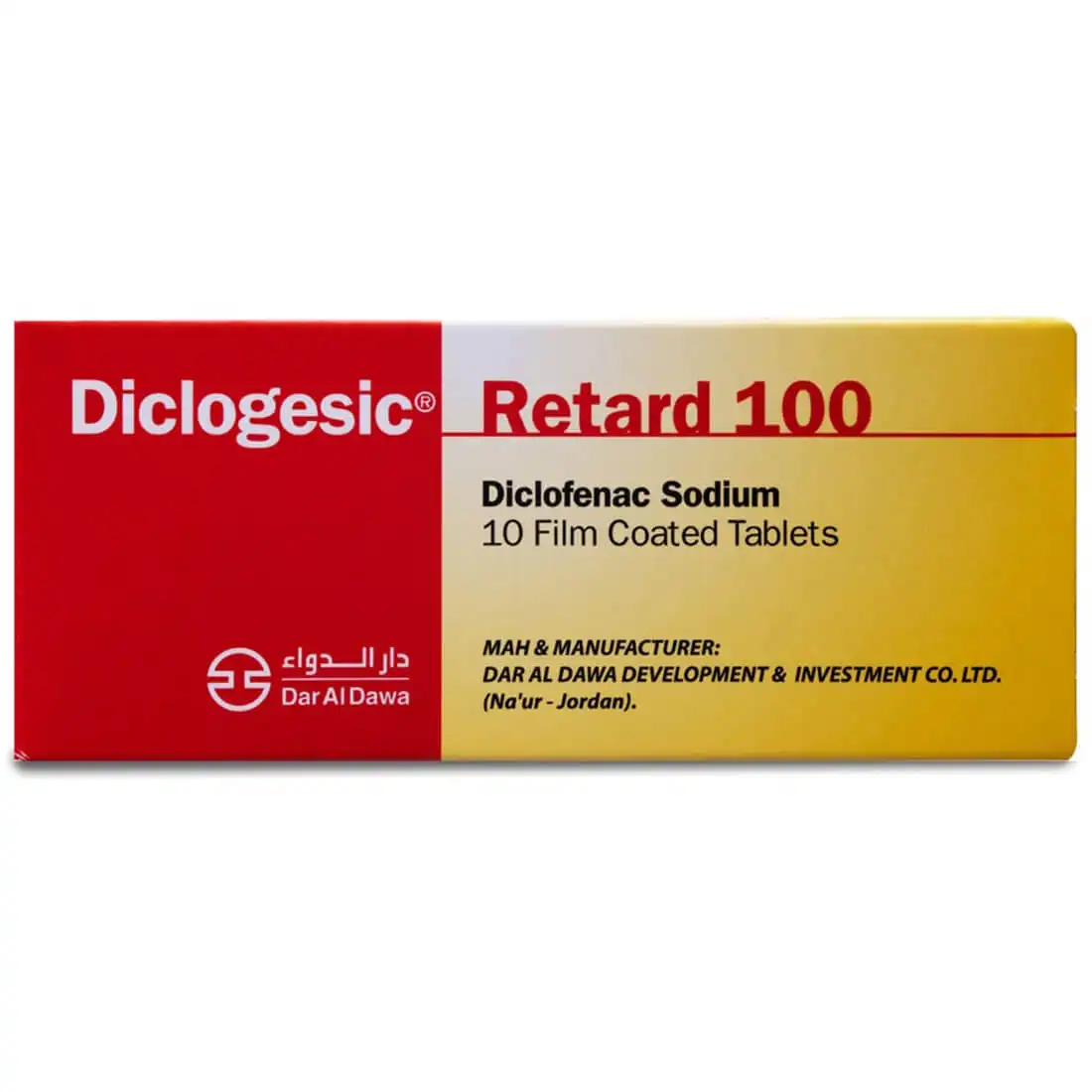
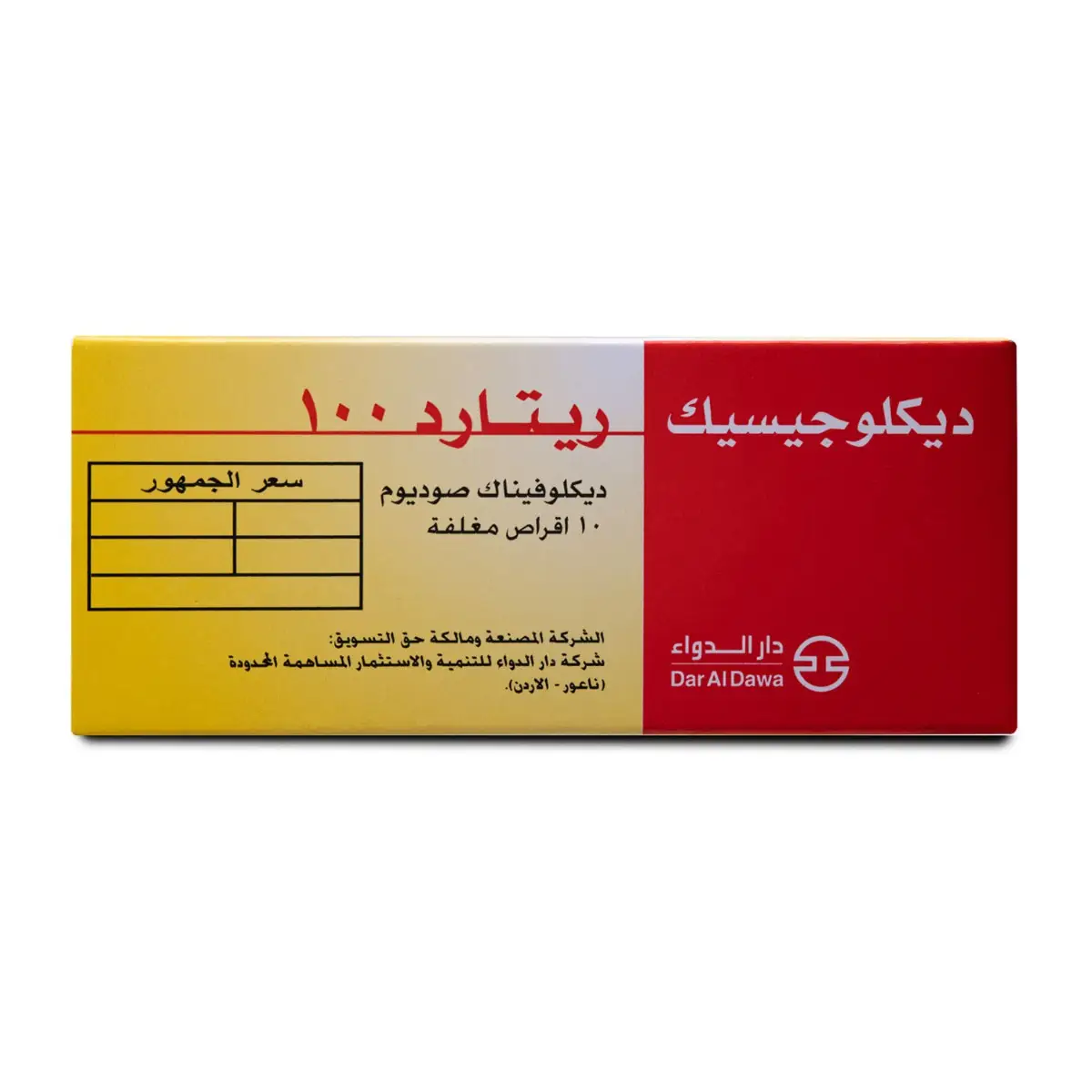



Product Description:
Diclofenac Sodium 100 mg tabletsWhat Diclofenac Sodium is used for
- Diclofenac Sodium is a non-steroidal anti-inflammatory drug (NSAID).
It can be used to treat:
- Inflammation of the bones and joints such as rheumatoid arthritis, osteoarthritis, acute gout and ankylosing spondylitis.
- Back pain.
- Sprains, strains, sport injuries, dislocations and fractures.
- Conditions affecting the tendons such as tendonitis.
- Mild pain.
Do not take Diclofenac Sodium
- If you’re allergic to the active substance or any other component of this medicine.
- If you’re allergic to other non steroidal anti-inflammatory drugs including acetylsalicylic acid.
- If you have or ever had a stomach or duodenal (peptic) ulcer, or bleeding in the digestive tract.
- If you have had stomach or bowel problems after you have taken other NSAIDs.
- If you have severe liver or kidney failure.
- If you have severe heart problems.
- If you ever had a stroke, heart attack, or vessels problems.
- In the last 3 months of pregnancy.
Warnings and precautions
Talk to your doctor about all your medical conditions before taking this medicine including:
- If you suffer from any stomach or bowel disorders including ulcerative colitis or Crohn’s disease.
- If you have kidney or liver problems.
- If you have a condition called porphyria.
- If you suffer from any blood or bleeding disorder.
- If you have a high blood pressure (hypertension).
- If you have angina, blood clots, or high cholesterol levels.
- If you have heart problems.
- If you have diabetes.
- If you smoke.
- If you have Systemic Lupus Erythematosus (SLE).
This drug may increase the risk of heart and blood vessel problems.
Possible side effects
Stop using this product and seek immediate medical help if you develop rash; hives; itching; red, swollen, blistered, or peeling skin; wheezing; tightness in the chest or throat; trouble breathing, swallowing, or talking; unusual hoarseness; or swelling of the mouth, face, lips, tongue, or throat.
Serious side effects:
- Sudden chest pain and shortness of breath
- Sudden weakness and numbness, vision loss, difficulty speaking
- Abdominal pain and very dark stools
- Allergic reactions
If you experience any of these, call your doctor or hospital immediately.
| Code | 6251107014016 |
| Brand | Diclogesic |
| Category | Self Care |
| Unit | PC (1) |

